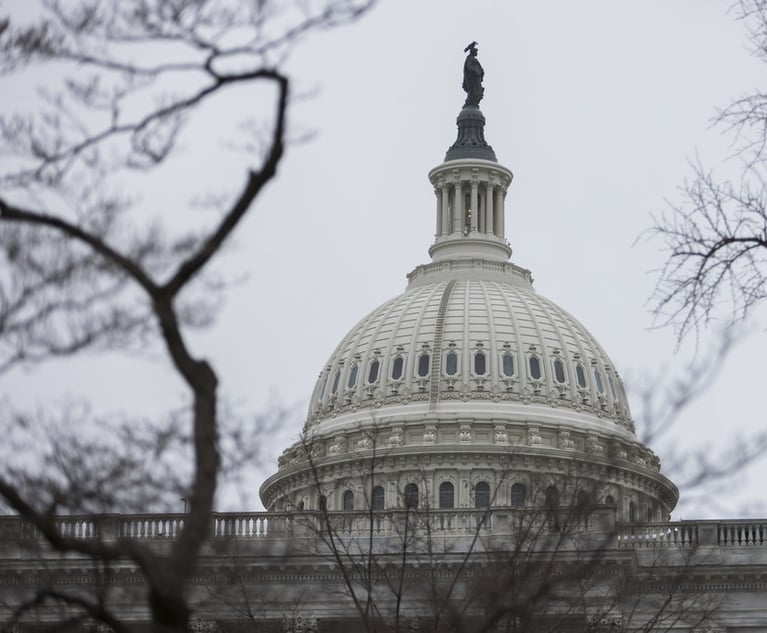The United States and numerous countries have imposed broad sanctions on Russia and its oligarchs, with new measures continually being added as the war in Ukraine escalates. The sanctions affect multiple industries, and the Department of Justice has indicated enforcement is a top priority in its comprehensive strategy for combating white-collar crime. Organizations worldwide must now reassess business strategies and relationships and be clear on their obligations under the expanded restrictions.
Prudent companies will want to reevaluate their compliance programs, but deciding where to begin can be overwhelming. A key starting point should be assessing the scope of regulated activities and the impact on doing business. Additionally, the Treasury Department’s Office of Foreign Assets Control provides guidance on developing a sanctions compliance program. Its Framework for OFAC Compliance Commitments strongly recommends using a sanctions risk-based approach in evaluating relationships with customers and counterparties throughout supply chains, as well as with intermediaries. Risks may also arise in the sale of products and services and resulting from operations in certain geographic locations.


 Courtesy image
Courtesy image





